Borrower Overview
TriLinc has provided financing to a global pharmaceuticals distributor, founded in 2010 and located in the United Arab Emirates, which exports pharmaceutical components to Algeria to increase access to more affordable, generic medicine. In Algeria, strict regulations were put in place banning some finished pharmaceutical product imports into the country in order to stimulate local production and to strengthen the country’s position as a regional hub for pharmaceutical drug regulation. However, foreign exchange regulations in Algeria prohibit the expatriation of funds for intangible assets, preventing many local pharmaceutical companies from investing in R&D, which typically takes place overseas due to the availability of infrastructure and human capital. The borrower outsources research and development of new pharmaceuticals for its customers and works with laboratories, mainly in India, to test and analyze the pharmaceuticals and their components in order to support its customers in obtaining authorization for the manufacturing of these generic products in-country. TriLinc’s financing will facilitate the purchase of over 30 different pharmaceutical components from various pre-approved suppliers in India and China to be sold to one of the largest producers of generic pharmaceuticals in Algeria, increasing access to more affordable medicine for distributors throughout Algeria. All of the pharmaceutical components are produced in compliance with World Health Organization Good Manufacturing Practices, a requirement of the Algerian Ministry of Health. The majority of the imported pharmaceutical components supplied are used for chronic diseases (to reduce patient’s cholesterol level and blood pressure and prevent stroke and heart attack), which are on the rise due to changing diet and other societal factors such as an aging population.
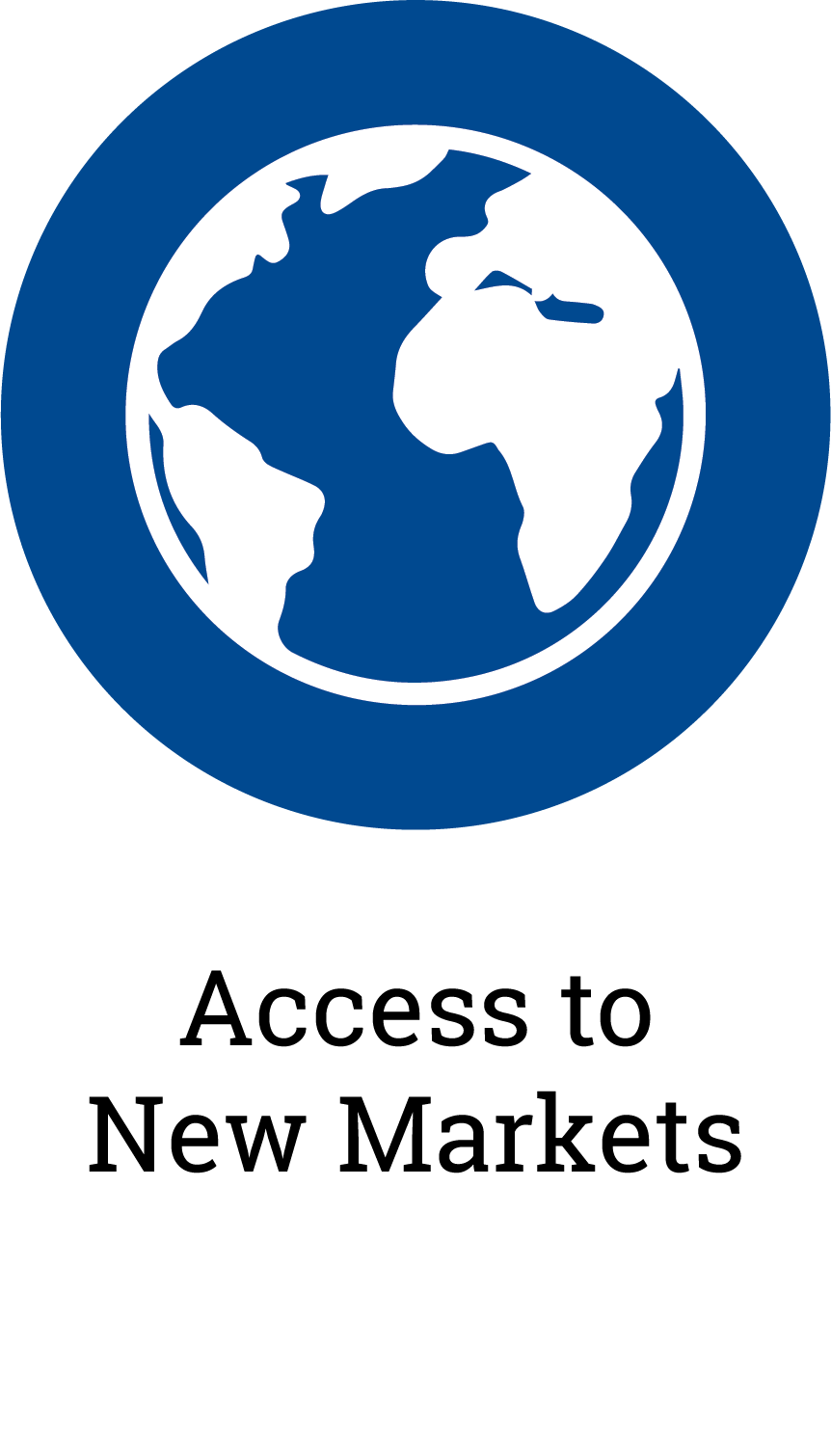 |
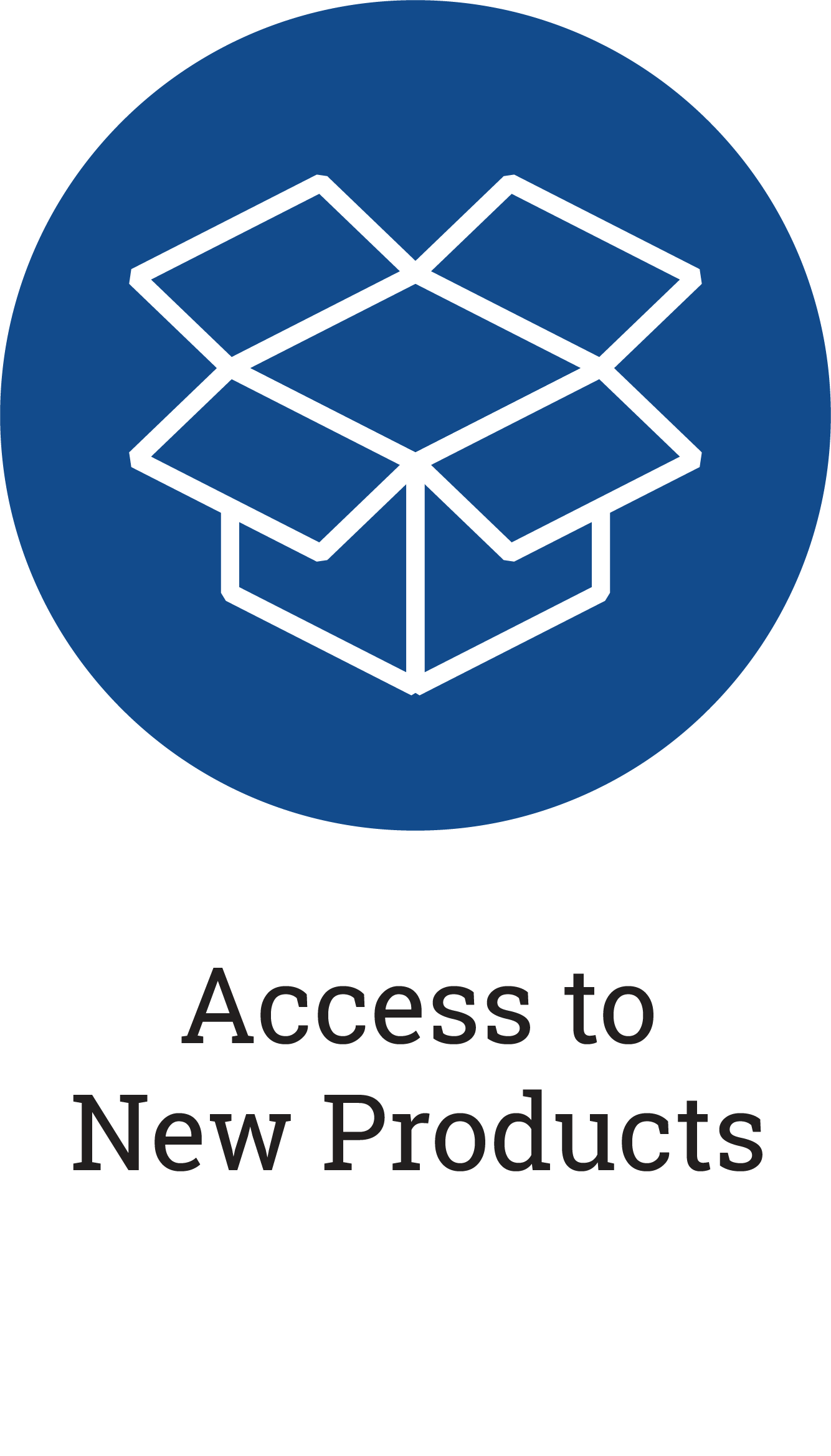 |
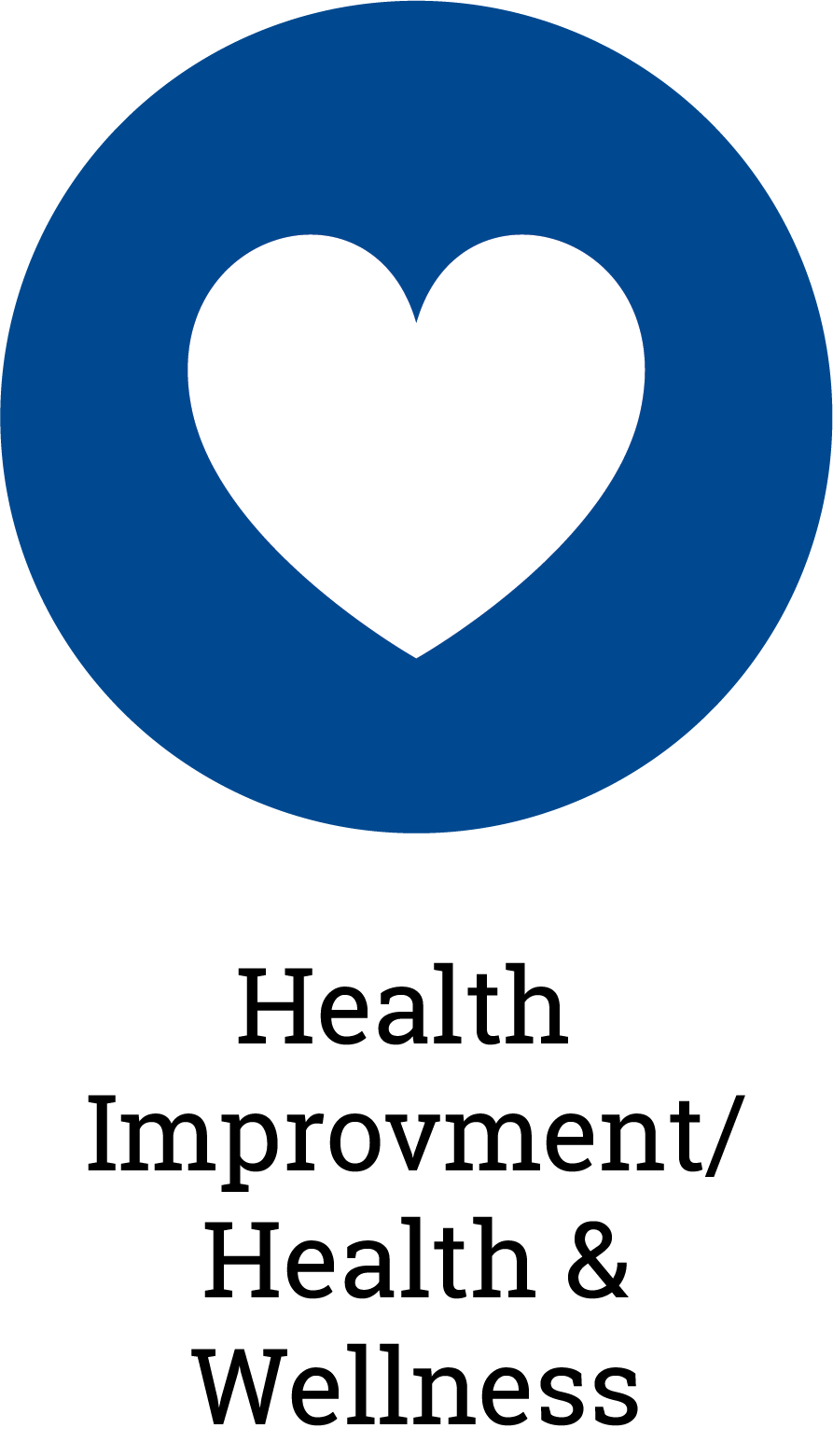 |
 |
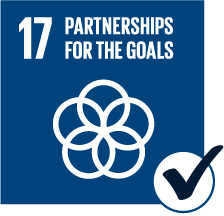 |
Market Overview
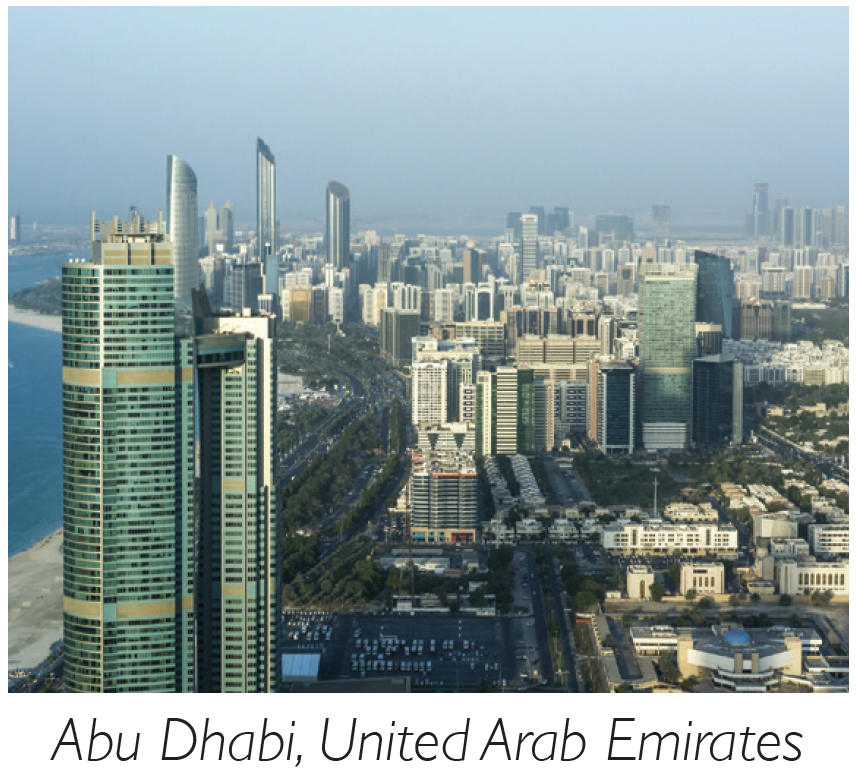
The United Arab Emirates is classified as a high income country by the World Bank.1 Between 2010 and 2016, GDP growth rates averaged approximately 4.1%.1 The country’s main exports are concentrated in gold, diamonds, jewelry, cars, and raw aluminum.2 This positions the country as the third largest gold exporter internationally and the third largest jewelry producer worldwide.2 Conversely, the country’s main imports are focused in gold, diamonds, cars, broadcasting equipment, planes, helicopters, and spacecrafts.2 In 2017, it ranked 1st across the Middle East and North Africa region on the World Bank’s Ease of Doing Business index.3 Access to financing and inflation are seen as the most pressing hurdles currently facing the country’s productivity and competitiveness.4 As the 3rd largest economy in the Middle East and North Africa5 with a GDP of $348.7 billion, the country’s well developed goods market, infrastructure, and institutions led the country to benefit from the estimated $54.6 billion in foreign direct investment that flowed into the region in 2016.6 Robust domestic demand across Middle East and North Africa region has helped spur regional GDP growth to 3.2% in 2016, and is projected to stay constant at 3.1% by 2019.7
Although the United Arab Emirate is a high-income country, an exception was made for this borrower’s high impact in Algeria, a country that meets TriLinc’s standards for its performance across relevant growth, stability, and access metrics.8 The growing demand for healthcare within Algeria is an important market segment due to its potential impact on the country. Throughout the next decade, there are plans to construct over 170 public hospitals, 375 private clinics, 45 specialized health units, and 70 centers focusing on people with disabilities, increasing the need for medical equipment, supplies, and medicine.9
Additional Sustainability & Impact Highlights
- Through enhancing access to generic pharmaceutical components within Algeria, the borrower is supporting the Algerian authorities’ promotion of the use of generic drugs in order to optimize the country’s healthcare expenditures and continue to service the 90% of the population currently covered under the national system.
- The borrower supplies its pharmaceutical components to an in-country generic drug producer which has extensive network coverage of over 15% of the Algerian market. Once the final products are produced, three distribution centers are used to distribute the products through the producer’s proprietary pharmacies (about a dozen in total) located throughout the country, further extending access to pharmaceuticals for the Algerian population.
1The World Bank, World Development Indicators Database, United Arab Emirates, 2016. 2The Observatory of Economic Complexity, United Arab Emirates, 2016. 3The World Bank, Doing Business, Latin America & Caribbean, 2017. 4World Economic Forum, Global Competitiveness, 2017. 5The World Bank, World Development Indicators Database, 2016. 6The World Bank, Data, Middle East & North Africa, 2016. 7The World Bank, Global Economic Prospects, June 2017. 8There is no assurance that our investment in this company or this market will be successful. 9International Trade Administration, Healthcare, Algeria, 2017.
The above information is as of the initial date of investment: July 3, 2017.
RISK FACTORS
There is no guarantee that TriLinc’s investment strategy will be successful. Investment in a non-listed LLC involves significant risks including but not limited to: ownership is restricted; no secondary market; limitation on liquidity, transfer and redemption of ownership interest; distributions made may not come from income and, if so, will reduce the returns, are not guaranteed and are subject to management discretion. TriLinc selects investments and conducts operations on behalf of its clients, and will face conflicts of interest. Investment with TriLinc is not suitable for all investors. Securities Offered through CommonGood Securities, LLC, a member of FINRA and SIPC.
An investment with TriLinc carries significant fees and charges that will have an impact on investment returns. Information regarding the terms of the investment is available by contacting TriLinc. This is a speculative security and, as such, involves a high degree of risk. Investments are not bank guaranteed, not FDIC insured and may lose value or total value. Some investments may have been made in an investment vehicle that is no longer open for investment. The highlighted investment may or may not have been profitable. There is no guarantee that future investments will be similar.
Want to learn more? Contact Us.
